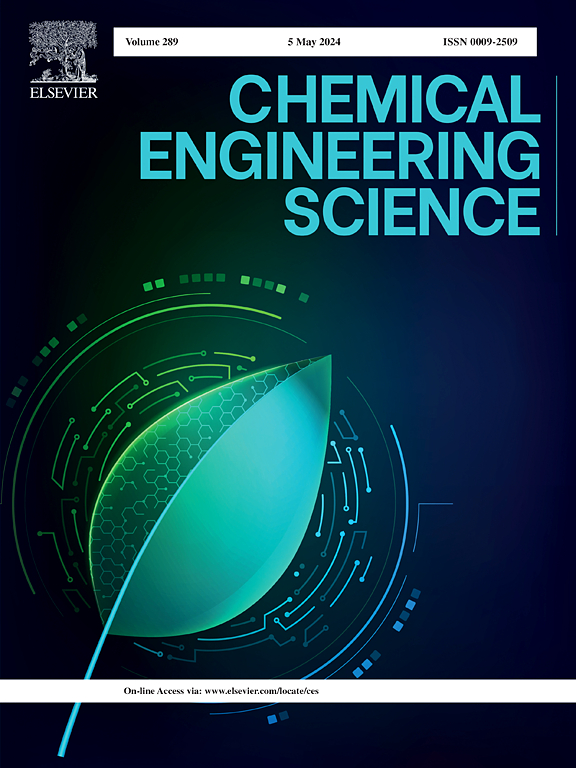A new domain robust one-class fault detection framework for large-scale chemical processes
IF 4.1
2区 工程技术
Q2 ENGINEERING, CHEMICAL
引用次数: 0
Abstract
The scarcity of fault samples in chemical processes necessitates one-class fault detection methods. Existing approaches often focus on mono-domain data, ignoring variability under different operating conditions. In practice, factors such as noise drift and fluctuating operational conditions lead to significant differences in sample distributions, resulting in high false alarm rates when these methods are applied to multi-domain data. To address this, we propose the Domain Robust One-Class (DROC) fault detection framework. DROC leverages self-supervised Contrastive Learning to align normal samples from different domains into a shared, stable feature space. It also incorporates Deep Support Vector Data Description with Outlier Exposure to improve feature compactness and discrimination. Additionally, a Transformer-based feature extractor and a novel Soft Brownian Offset algorithm are designed to capture temporal and inter-variable dependencies, improving fault detection accuracy. Applications to the Tennessee Eastman Process and a real-world pitting corrosion monitoring system demonstrate DROC’s superiority in one-class fault detection.
求助全文
约1分钟内获得全文
求助全文
来源期刊

Chemical Engineering Science
工程技术-工程:化工
CiteScore
7.50
自引率
8.50%
发文量
1025
审稿时长
50 days
期刊介绍:
Chemical engineering enables the transformation of natural resources and energy into useful products for society. It draws on and applies natural sciences, mathematics and economics, and has developed fundamental engineering science that underpins the discipline.
Chemical Engineering Science (CES) has been publishing papers on the fundamentals of chemical engineering since 1951. CES is the platform where the most significant advances in the discipline have ever since been published. Chemical Engineering Science has accompanied and sustained chemical engineering through its development into the vibrant and broad scientific discipline it is today.
 求助内容:
求助内容: 应助结果提醒方式:
应助结果提醒方式:


